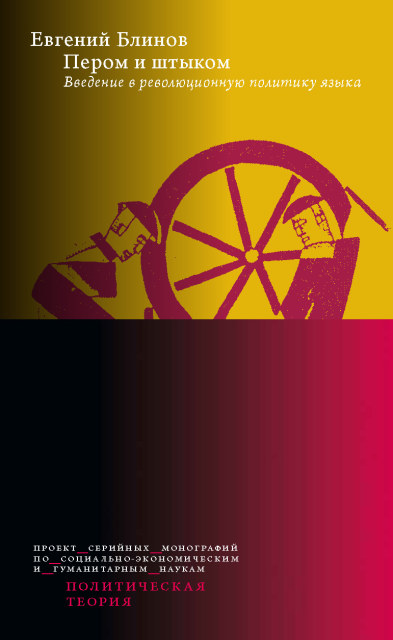- A
- A
- A
- АБB
- АБB
- АБB
- А
- А
- А
- А
- А
By Pen and Bayonet: An Introduction to the Revolutionary Politics of Language
- Year2022
- Number of pages312
- ISBN978-5-7598- 2374-2
- doi10.17323/978-5-7598-2374-2
About
This book aims to develop an original project of what may be designated as political philosophy of language developed on the historical material of revolutionary policies of language. These policies have always been inspired by the utopian concept of an ideal political language. Part I is focused on the period of the Great French Revolution placed in a large historical and theoretical context of political centralization, language normalization and political affectivity.
Part II is dedicated to the Soviet policies of cultural and language building in 1920-s and 1930-s. The Rousseauoist utopia of direct democracy experienced an unexpected revival in the notion of “Soviets” and the new language policy based on the “positive discrimination” of previously oppressed “minor” languages. Part III third presents a reflection on the political language in the period of student revolts around May-1968. The author analyzes their criticism of classical structuralist dogmas of “neutrality” of language and the impossibility of projects of language policy.
What does it mean to speak “one’s own” language in political context? Who has a right to take the floor? Is political language “given” or “programmed”? Could one govern the masses with the help of an ideal political language? Could people control their own government by means of a clear and intelligible language? How is language policy possible? The answers to these questions may be found in the heritage of revolutionary reforms considered as a privileged moment when linguistic concepts, political utopias, theories of government are confronted. The book shows how extreme revolutionary violence was combined with the attempts of constructing a bettersociety by the means of a new language.

.jpg)